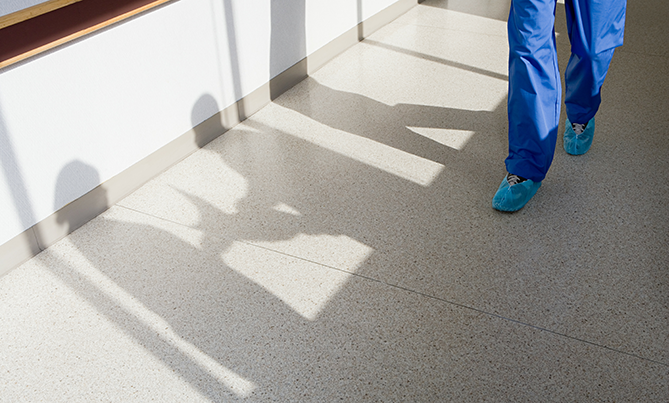We have made it through one pandemic recruitment cycle, but it is not over yet. As of this writing, only 10% of the country is vaccinated. Vaccination plans are accelerating, but it will take at least into the next academic year for universal vaccination to occur. To that end, the Association of American Medical Colleges (AAMC) has issued recommendations for external medical student rotations for the 2021-2022 recruitment cycle. In order to ensure a safe and equitable experience for all students and all programs, we have elected to abide by the following recommendations, now posted on the the Society of Neurological Surgeons (SNS) website:
- Each neurosurgery applicant will be limited to one external neurosurgery rotation, which must start on or after August 1, 2021.
- Given the importance of the applicant experience in neurological surgery prior to committing to a career path, each student should do 1-2 rotations of neurological surgery at their home institution (minimum four weeks).
- Students without a home program should perform two rotations of neurological surgery at the closest ACGME accredited program (adopted home program), or one rotation at the adopted home program and one external rotation.
- The SNS encourages students to gain a diversity of experience and education through a broad spectrum of subspecialty medical and surgical rotations in preparation for residency.
We will continue to use the unified set of curriculum goals for students during their acting internships set forth last year.
Truly, however, we have just begun. The SNS Medical Student Committee remains hard at work, adapting to the changing landscape and keeping the goals of safety and equity at the forefront. We will soon find out the results of this Match and will strive to learn from the process and adopt successful elements for the future. We will be performing in-depth evaluations of all stakeholders: program directors, chairs, program coordinators and applicants. Results will be collated and discussed at a town hall webinar. These results will inform our newly created task forces as they review data on the interview process and letters of recommendations, as well as make recommendations to the SNS and the Neurosurgery Summit in the early summer to best optimize future resident recruitment. We will be working closely with the NRMP on potential initiatives to improve upon our interview and Match process.
This year has given us the opportunity to innovate, and harness the opportunities afforded by technology. These advances could have lasting benefits, but critical study is required. It will take everyone’s input to understand and optimize this process. We have again increased the number of SNS members serving on the SNS Medical Student Committee, including program coordinator, student and resident liaisons, to ensure full representation during these critical changes.
Thank you to the members of the SNS Medical Student Committee, who have served tirelessly to help execute a successful recruitment cycle in the midst of national crisis. We look forward to hearing from each of you at the town hall in early April.







